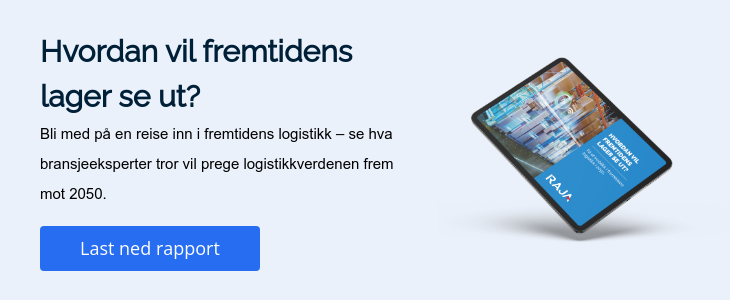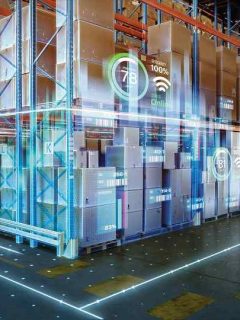In recent years, growing environmental awareness among consumers has forced businesses to rethink the way they operate. This means that environmental laws and regulations are evolving, forcing logistics hubs to adopt environmentally friendly approaches. This shift is not just a trend, but a necessity, because logistics is increasingly subject to environmentally friendly requirements.
The key to corporate social responsibility
Often referred to as the core of the economy, logistics is now at the forefront of corporate social responsibility strategies. Industry professionals are transforming logistics to serve economic development while maintaining carbon neutrality. This means solving challenges such as reducing land use, minimising congestion and using more environmentally friendly logistics.
Future trends and solutions
Looking ahead to 2050, the trend towards greener logistics is moving fast. Urban logistics, low-carbon construction and alternative means of transport are set to take off. In addition, technological advances, such as the use of green energy sources like hydrogen and green natural gas, will play an important role.
Challenges and solutions
While progress is evident, there are still challenges. For example, the challenge of recycling lithium, among other materials, is a concern. Nevertheless, technological innovations offer promising solutions. Robots reduce energy consumption and the need for people in the warehouse, thereby helping the environment.
Certifications and labels for a greener future
The last decade has seen an increase in environmentally friendly certifications and labels such as BREEAM and ISO 14000. Logistics hubs need to adhere to these standards to reassure consumers and fulfil stringent requirements.
Packaging: An important part of green logistics
While energy consumption and transport get a lot of attention, packaging is still an important part of achieving green logistics. We need to think differently about packaging so that it both works well and is sustainable. Software developers and consumers also need to consider the necessity of excessive packaging.
The future of packaging
Packaging made from renewable sources, such as cellulose or sugar cane, is becoming more popular. But we’re also seeing a shift in use-and-throw-away packaging. The future demands packaging that is recyclable, reusable or has multiple functions, so companies need to rethink how they distribute goods.
In summary, the benefits of embracing eco-friendly warehouse solutions include:
- Meeting consumer demand for environmentally friendly solutions
- Complying with new environmental laws and regulations
- Strengthening corporate social responsibility and reputation
- Reducing carbon footprint and energy consumption
- Facilitating innovation and technological advances
- Ensuring long-term sustainability and economic viability.
This article was prepared with contributions from Chazli BAALBAKI, Development Director of Faubourg Promotion, Mathieu GUIRAUD, Project Manager and robotics expert at WIIO and Fabrice PELTIER, designer and eco-design consultant.
Do you want to know more about how RAJA can help you prepare for the future of logistics? Feel free to contact RAJA’s customer centre at post@rajapack.no or phone 22514000. You can also visit us at www.rajapack.no.















